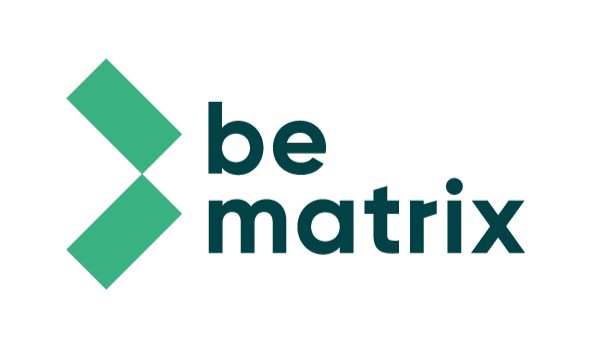Dear reader, I have never felt the urge to do business with a desk, and yet these days, I'm often written to by email from different desks all around the world.
Some of these desks want to give me money or share the proceeds of business deals even though we have never met one another.
These desks are often in far-flung places that I have never visited. Perhaps I could travel to some using the money on offer.
Others are keen to offer me business or life improvement books and courses.
Most of those marketing-related desks but by no means, all, are located in the USA.
Must be something creative in the wood they use over there.
Have you done business with a desk lately?
Funnily enough, I've never met anyone who has recommended that I call a desk to solve any particular marketing or business issue that I've faced.
Not even big and prestigious desks that could be used as life rafts on a sinking ship.
No, never called one (I am of course excluding the dreaded IT help desks in this conversation).
Of course, these emails are from people, not desks. These days it could be an AI robot, but that's another story…
By using the term "from the desk of", the author is trying to instill in the recipient's mind a level of importance to the author.
Somehow, you and I are supposed to be more impressed when that term is used.
Of course, the message might come via a laptop or personal computer located on a fantastic desk.
However, there's never a picture to prove that or to show the desk in question.
That's something I find disappointing as I do admire a good-looking desk.
Of course the term, "from the desk of", is only symbolic.
It's a metaphor or to give it it's true definition, it's a synecdoche - a figure of speech in which a part of a thing refers to the whole. Thank you to Stack Exchange for that definition.
The desk and the author are therefore one and the same.
Why I don’t like desks writing to me
I don't know about you, but I hate it when desks write to me.
Why? Because it's an affectation.
We are supposed to think that the author is more something. More serious, sober, marketing-aware or as they initially said in the States, savvy.
If it's because they have a desk to write from, that's not a big deal; any coffee shop can provide that service.
Would you rank the email and author higher or lower if you knew from which coffee shop the actual desk was located?
"Of course, I could never take seriously anyone who wrote to me from a desk in Costa Coffee; it has to be Starbucks."
Now I'm taking things to ridiculous lengths, of course, Costa Coffee is much the better quality venue (and coffee).
However, you can see where this level of thinking can get you to.
In a similar vein, do you "reach out" when you write to prospective clients?
Alternatively, do you get "super-excited" in your copy about whatever it is your particular product or service offers?
I'm not saying that you shouldn't "push any envelopes" with your copy and messaging, but I do think there is a strong case for using words that mean something.
Plain English usually works much more effectively when it comes to selling things and to instilling confidence in would-be buyers.
Why is that?
It's more believable for a start and buyers want to believe and trust that the product they are thinking of buying will work as described.
It's also much easier for buyers to reply to something they understand so you need to use words that will help them to do that.
So if you are thinking about briefing a copywriter like myself for a new marketing campaign, first get your proposition mapped out in plain English.
A proposition should describe the central promise that you are going to deliver to your client.
It has to be specific, and it has to be strong. The reader, whether in an email; a sales letter; advertisement or presentation, must see clearly what the benefit is that's on offer.
That's why I don't like using flowery language of any kind. Anything that can detract from the message or side-track a reader's attention is something I don't want in my communication.
That's not to say that you can't be creative or that you can't use thought-provoking phrases.
You can and should if they fit with the central promise and proposition of your communication.
Research, case studies and testimonials are the solid and trust-building materials that will often generate more leads and enquiries than smart phrases.
However, offering to give readers a desk as a promotional gift might also increase your response rates.
That’s when a desk in an email might actually come in handy.
Just make sure you include a picture of the desk in your email.
This message has been sent you from a laptop, on top of a desk, somewhere in north London but we (the laptop and I, not the desk) can travel to meet you anywhere to take your brief and help you work-up a winning proposition.
David O’Beirne
https://d755c41af03df316aff5f74bcd008648-gdprlock/in/davidjobeirne
The Exhibition Agency Ltd
63 Vera Avenue, London N21 1RJ
T. 0203 633 4665
M. 07858 374 051
www.exhibitorsonly.biz
CHANGE YOUR FOCUS: CHANGE YOUR RESULTS


